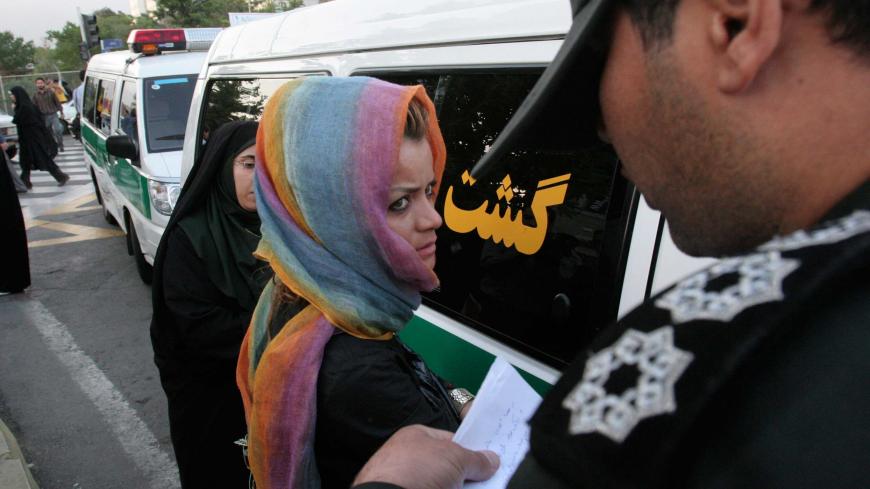Women in Iran are experiencing great levels of injustice due to the morality policing occurring as a result of the country’s repressive government.
Fundamental changes are being demanded after the death of 22-year-old, Jîna Mahsa Aminî who died in custody, following her arrest for not properly wearing a hijab. The laws in Iran state that girls who reach puberty must wear a hijab and as women, they are denied choice of dress which impacts their rights to take part in aspects of public life including study, work, and when they generally leave their homes to enter the public sphere.

Like in the instance of Jîna Mahsa Aminî, if the morality police officials feel that a woman is not wearing their hijab “properly”, they may be fined, detained for “educational” purposes, beaten, harassed, and can in some cases also be sentenced to prison.
Although women have been fighting against the compulsory dress codes for some time, they are only now openly defying the visible form of discrimination. Protests and demonstrations of brave women cutting their hair, rallying with the Kurdish chant: “Jin, Jiyan, Azadî,” which means “Woman, Life, Freedom” have occurred all over in support of equality.
In addition to dress codes women’s unemployment rates are also posing great issues regarding gender discrimination. Women’s unemployment rate is more than double than their male counterparts, which has only continued to widen due to the COVID-19 pandemic. In fact, the labour force statistics of Iran note that women’s labour force participation fell to 14 per cent in 2020 which contrasts men’s participation, which rests at 70 per cent in 2020. The Human Rights Watch found that in 2017, employers were most likely to advertise jobs for men over women and in some cases, women need written consent from husbands or fiancés to work. This is still an on-going issue.
:format(jpeg)/cloudfront-us-east-1.images.arcpublishing.com/tgam/LFADYNUMQ5PZPFDIN6UYECYAEI.JPG)
Iranian authorities have done nothing to implement changes to better women’s economic struggles or improve their access to work-related opportunities, but instead are pushing for women to marry earlier and have more children. Women’s access to sexual and reproductive rights are also unjust in Iran as a population law was passed in November 2021, which outlawed sterilization and free distribution of contraceptives in the public healthcare system unless the pregnancy would threaten a woman’s health. It also further limits access to safe abortions.
Consequent to the sexual and reproductive aspects of the law, it also includes incentives for early marriage such as interest free loans for anyone who gets married at 25 or younger. As poverty is a large issue in the country, especially with family units – many young girls are being forced into marriage so the family will have one less mouth to feed. What this also means is that there is an increase of child marriages, which is confirmed through the Iranian government’s own reports. The Civil Code in Iran allows for girls to get married at 13 and boys at 15. Younger ages may also be authorized, but only by a judge.
Marriage in Iran is not always a blissful situation as many girls and women experience greater abuse due to Iran’s laws which grant husbands significant powers over their wives. For example, under Iran’s Civil Code, the husband in the marriage has the right to choose where they live and can even prevent his wife from having jobs if he believes it goes against “family values.”

The Passports Law also has great influence for married women as they need permission from their husbands to obtain a passport and to travel outside of their country. The assertions of control have also led to femicide as women rick their lives to escape abusive situations. Iran does not have policies in place to prevent abuse, protect women, or prosecute domestic violence. In fact, many femicide cases have shown that prosecutors and judges neglect pressing adequate penalties due to women not having protection under law for domestic abuse.
Despite the discrimination that Iranian women face in their country, they are highly educated and have broken many barriers in professional fields. They continue to push against the laws and policies that work against them, but the repercussions of the fight have created irreparable damage in the lives of those activists. Many have faced arrest, imprisonment and even death sentences for speaking out.

It is not just about the Iranian government listening to their people, but the world also needs to pay attention to the human rights violations that women in Iran are presently facing.


